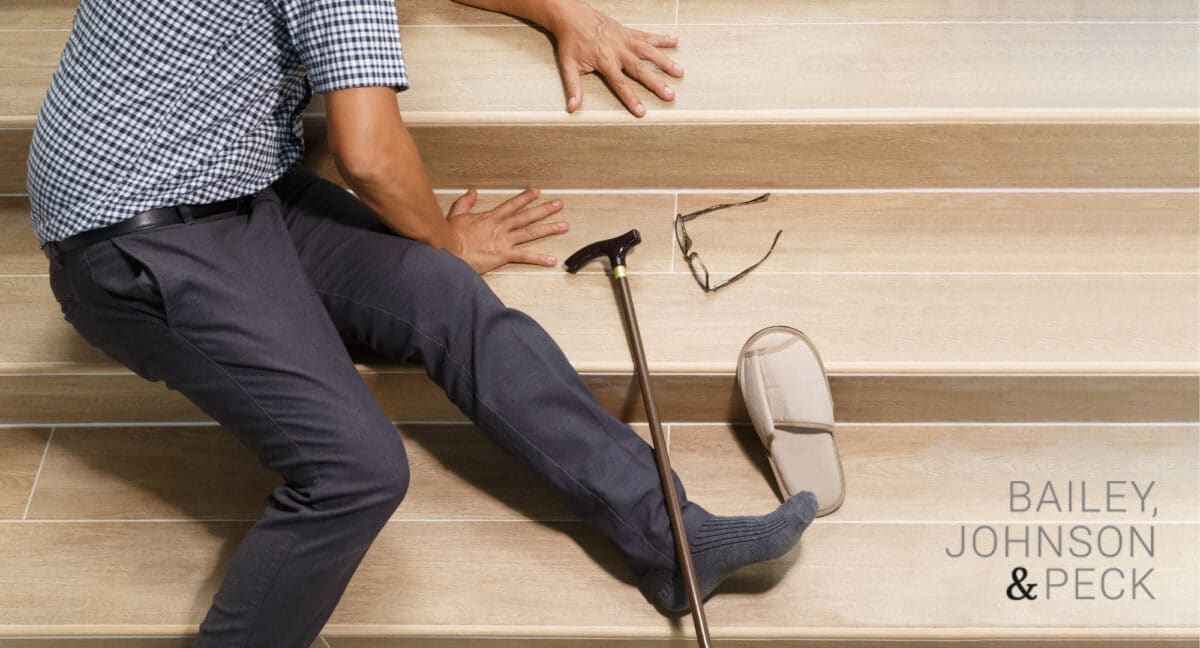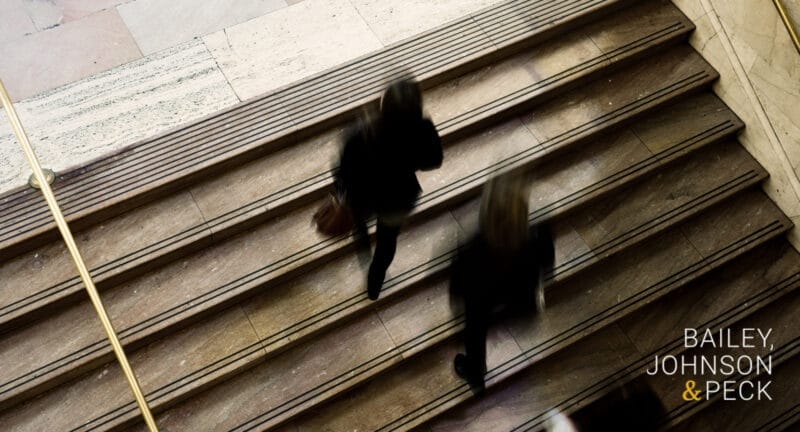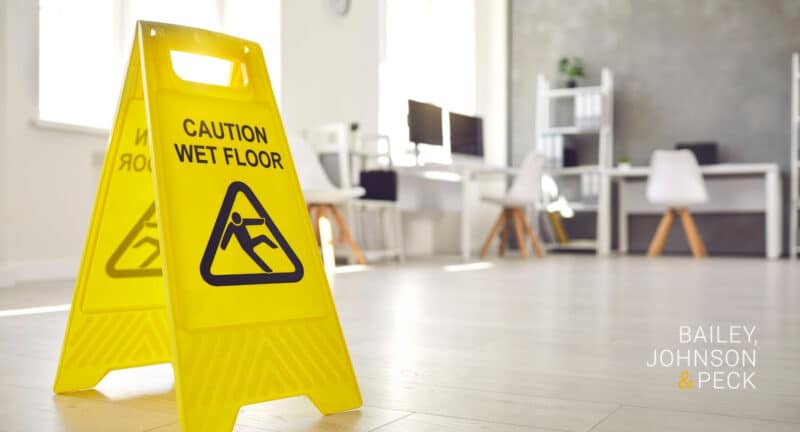
SOUND COUNSEL. STRAIGHT TALK. SENSIBLE SOLUTIONS.
Home » Albany New York Personal Injury Attorney » Albany Slip and Fall Lawyers
Albany Slip and Fall Lawyer

Property owners in New York have an obligation to ensure that their properties are reasonably safe for visitors and other property users. If you have suffered an injury due to someone else’s negligence, you may be able to recover compensation for medical care and additional costs. Call Albany slip and fall lawyers at Bailey, Johnson & Peck, P.C.
Our personal injury lawyers have extensive experience in premises liability and slip and fall accident cases. Because we have handled these cases from both sides — the property owner/insurance company and the slip and fall injury victim — we are uniquely positioned to pursue compensation for our clients. We’re ready to start an attorney-client relationship with you. Call our legal team at 518-456-0082 for a free case evaluation.
New York Slip and Fall Cases We Handle
New York law requires all property owners and overseers, such as managers or superintendents, to properly maintain their venues.
Suppose someone is injured in a slip and fall accident due to a property owner’s negligence or lack of maintenance. For example, maybe someone’s accident occurred due to broken stairs, uneven pavement, or another dangerous condition. In that case, the property owner or overseer is obligated to compensate the injured victim on the basis of premises liability.
Every slip and fall accident lawyer at our law firm works as a team to deliver outstanding results for every injured person.
We have the legal knowledge and professional resources to handle premises liability cases involving:
- Injuries sustained on hotel property
- Injuries due to retail store negligence
- Apartment building negligence
- Swimming pool injuries
- Injuries due to broken sidewalks
- Parking lot injuries
- Injuries in restaurants
- Injuries due to inadequate security
- Dog bite injuries due to property owner negligence
- Nursing home injuries
What To Do After a Slip and Fall Accident in New York
After a slip and fall accident, you need to make sure that your health remains a priority.
Taking the following steps after a slip and fall accident will help your personal injury lawyer build your slip and fall case:
- Immediately seek medical attention.
- Document your medical bills and diagnosis.
- Write down your version of events as soon after the slip and fall accident as possible.
- Request witnesses’ contact information, if possible.
- If injured on a premise that provides accident reports, make sure that you fill out the accident report and secure a copy for your own records.
As experienced Albany personal injury lawyers, we recommend that you not speak with anyone regarding your slip and fall accident case.

What are Common Slip and Fall Injuries?
Recovering from serious injuries that you suffered in a slip and fall accident will generally require extensive medical care. In some cases, slip and fall victims can even suffer permanent injuries or wrongful death. The most common slip and fall accident injuries include:
- Broken bones
- Hip fractures
- A head injury such as a traumatic brain injury (TBI)
- Back and spinal cord injuries
- Shoulder and neck injuries
- Soft tissue injuries
- Knee injuries
Statute of Limitations for a New York Slip and Fall Lawsuit
Premises liability claims are particularly time-sensitive, as evidence generally needs to be collected soon after the accident. The sooner you contact an experienced slip and fall attorney, the sooner we can assess your case and begin pursuing compensation on your behalf.
The statute of limitations for most personal injury cases is 3 years after the date of the injury. However, slip and fall victims only have one year to file a slip and fall claim against a local municipality or government entity. It’s crucial to act quickly and call Albany personal injury attorneys today.

Call Slip and Fall Lawyers at Bailey, Johnson & Peck Today
Slip and fall accident lawyers at Bailey, Johnson & Peck have been representing injured clients and proving negligence for 40 years. We have a proven track record of successful slip and fall lawsuits. To set up a free consultation, call us at 518-456-0082 to set up a free consultation or fill out our contact form. We represent fall accident victims throughout the Capital District of New York State, including Albany, Schenectady, and Troy.Practice Areas
Helping Injury Victims
Put Their Lives Back Together
Schedule a Consultation
Our attorneys have extensive experience in personal injury law, including car accidents, slip-and-fall accidents, catastrophic injuries and wrongful death. If you have questions about insurance coverage and how to get the financial compensation you need, contact us today to see how we can help.
We have represented many clients on both sides of personal injury and insurance disputes. Let us use our depth of knowledge and experience to help you and your family get the medical care and financial compensation you need and deserve.


